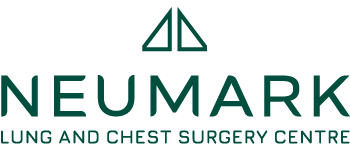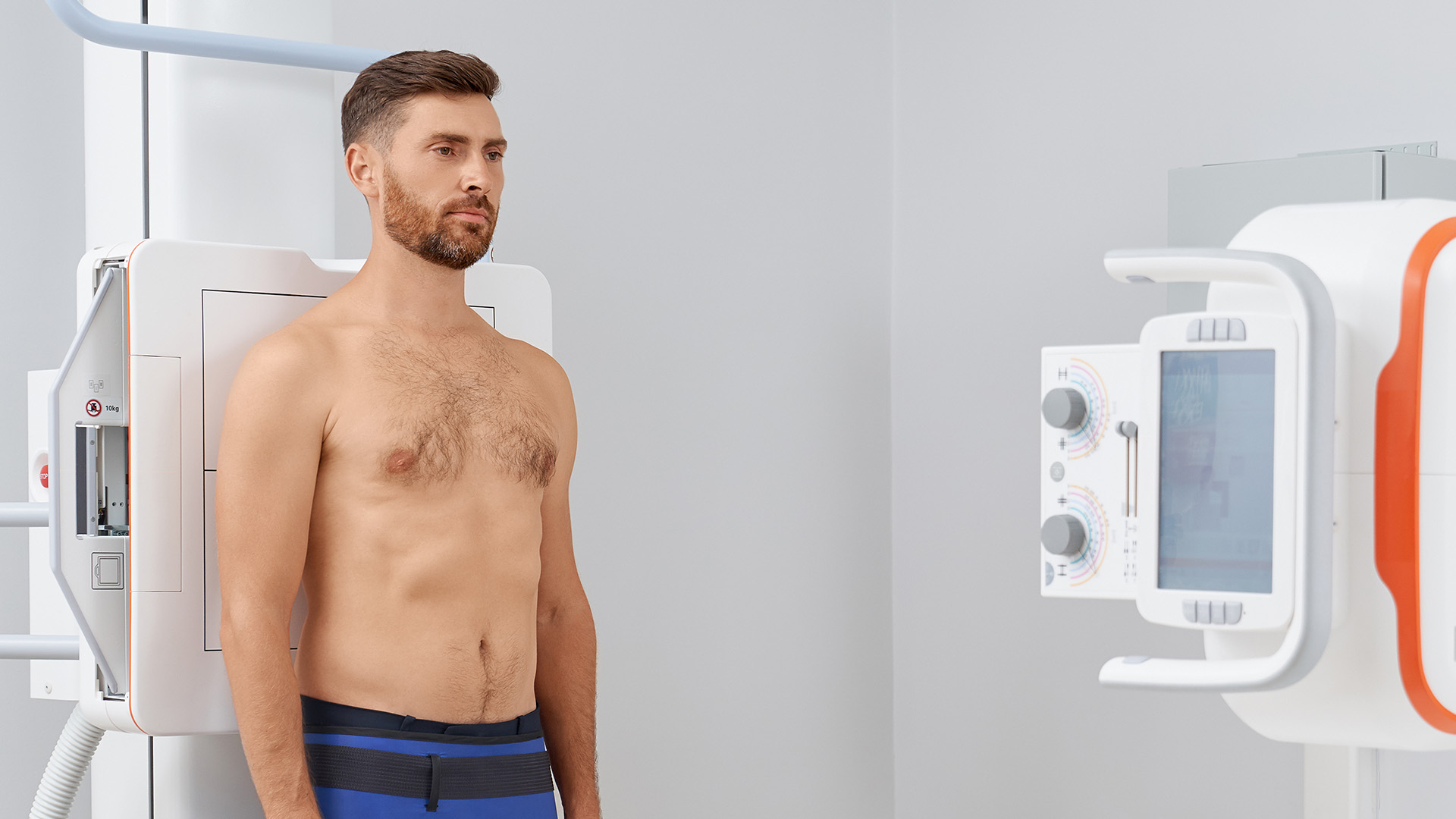About Thymomas
Thymoma is a neoplasm originating from the thymus that is the most common tumour in the anterior mediastinum, with an incidence of 0.15 cases per 100,000 individuals in the United States. While it is typically indolent, it may exhibit malignant characteristics through the spread to nearby organs. Pleural, pericardial or distant metastasis is rare. Surgical resection is the gold standard for care for resectable disease, while non-resectable tumours are treated with definitive chemoradiotherapy.
Complete Thymectomy with Myasthenia Gravis
Thymomas are frequently associated with myasthenia gravis, which complicates surgical management. Complete thymectomy, defined as the removal of the entire thymus containing a thymoma, is typically recommended for both myasthenic and non-myasthenic patients. However, postoperative development of myasthenia gravis has been reported in some cases after complete thymectomy, even in the absence of tumour recurrence.
Partial Thymectomy
On the other hand, studies of patients who underwent partial thymectomy have not reported postoperative myasthenia gravis or tumour recurrence, although bias in reporting may be present. Overall, the benefit of complete thymectomy for patients with a thymoma remains uncertain, as the procedure is often performed to prevent the development of myasthenia gravis rather than to improve oncological outcomes.
Complete Thymectomy in Non-Myasthenic Patients
Additionally, the value of complete thymectomy in preventing the development of myasthenia gravis in non-myasthenic patients with a thymoma is questionable. Multicentric thymomas are too rare to justify routine complete thymectomy for non-myasthenic patients. R0 resection, staging characteristics (as determined by the World Health Organization and Masaoka), and tumour size are prognostic factors for survival.
To date, limited research has addressed the necessity of complete thymic resection beyond the presence of a thymoma. Moreover, with the advent of video-assisted thoracoscopic surgery, more groups have begun routinely performing partial thymectomies for small thymomas in non-myasthenic patients.
Read full article in Heart, Lung and Circulation →

